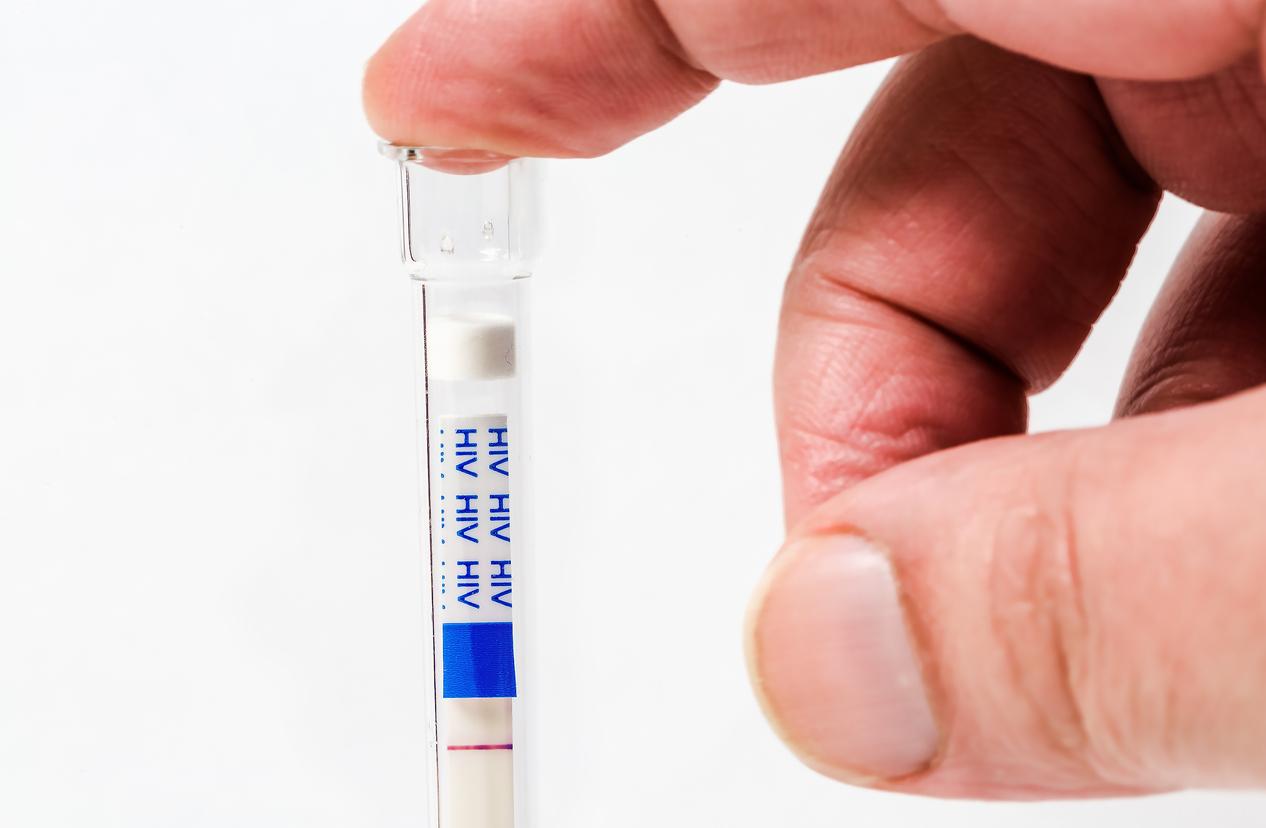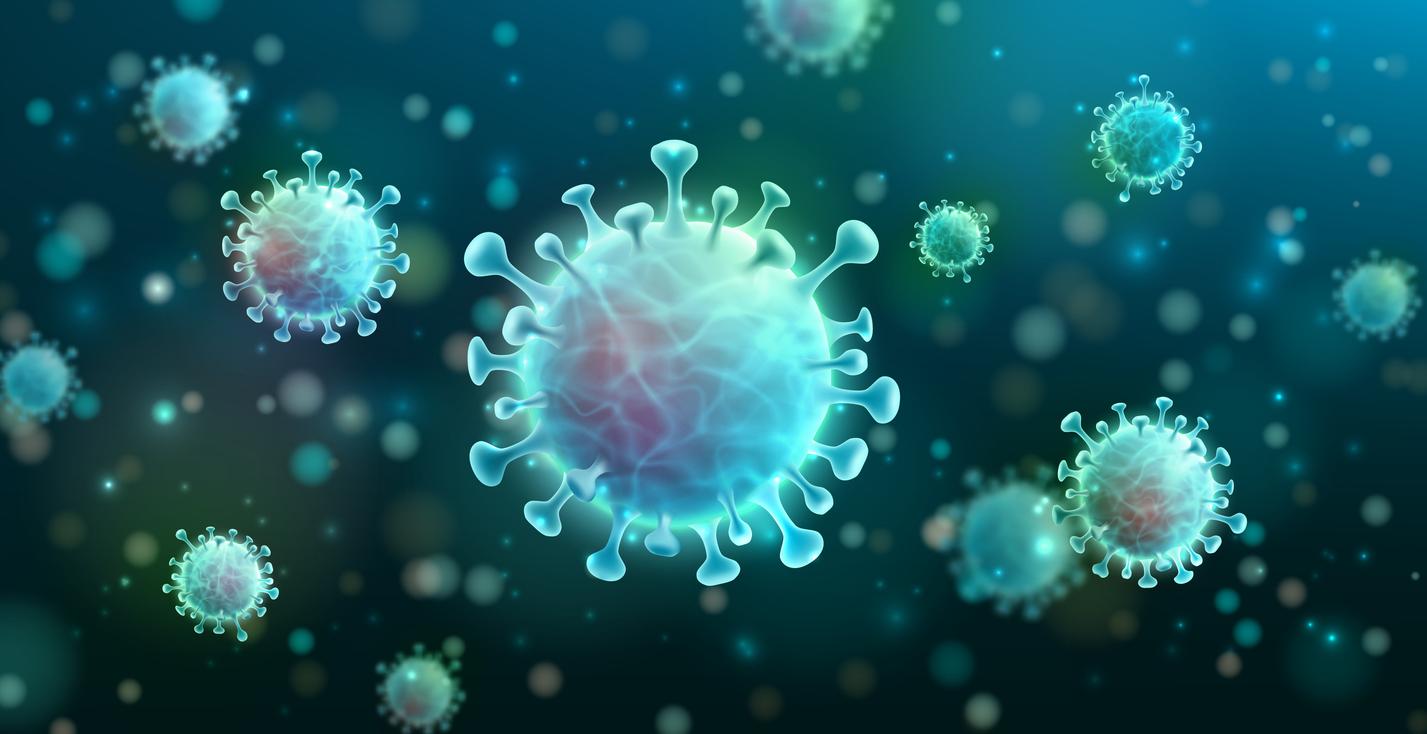The Toulouse University Hospital is alerting to a case of transmission of an HIV strain resistant to all conventional antiretrovirals.

- French doctors warn of the discovery in France of a first case of transmission of a multi-resistant strain of HIV.
- French doctors warn of the discovery in France of a first case of transmission of a multi-resistant strain of HIV.
“The sexual transmission of such a widely drug-resistant virus is an unprecedented event.” In a publication of LancetFrench doctors warn of the discovery in France of a first case of transmission of a multi-resistant strain of HIV.
The emergence of a more drug-resistant AIDS virus has long scared doctors. So far, however, there has been very little transmission of multidrug-resistant strains. During primary HIV infections in France, less than 0 to 1% of the viruses transmitted showed a triple class of resistance.
A 23-year-old Frenchman contaminated
“We report here a case of symptomatic primary HIV-1 infection diagnosed in September 2019 in a 23-year-old Frenchman who has sex with men”, note the scientists. In the same region,we have identified a second strain of highly drug-resistant HIV-1, with the same mutation pattern, in a 54-year-old man who has sex with men.” they specify. This patient had been HIV positive since 1995, with a long history of virological failure.
The two infected people live in Occitania, but do not know each other. So there is “at least one intermediate link” between the two men, according to Pierre Delobel, head of the infectious diseases department of the Toulouse University Hospital and author of the publication of the Lancet. An alert was therefore sent to French and Catalan laboratories.
“Watch very carefully”
“There is no reason to think that this is the start of a new transmission. This is a unique event, which we will monitor very carefully, but there is no reason to think that it will spread”, reassures in the pages of 20 minutes Professor Dabis, Director of the National Agency for Research on AIDS and Viral Hepatitis (ANRS).
However, “new classes of antiretroviral drugs are needed to open up alternative therapeutic routes to these strains”, conclude the doctors in the Lancet.
new treatments
Today, thanks to antiretroviral therapy, people infected with HIV can live a relatively normal life, provided they take their medication every day. A new antibiotic molecule, which would allow the immune system to kill HIV-infected cells, is currently under development.
So far, only three patients have been cured of HIV. Nicknamed “Berlin” and “London”, the first two cases benefited from a bone marrow transplant. In these cases, which remain exceptional, the transplanted stem cells have made it possible to eliminate the virus from the body. The third cure, recently revealed, is due to a combination of several antiviral drugs.
In 2019, 690,000 people died of AIDS-related illnesses worldwide, compared to 1.7 million in 2004 and 1.1 million in 2010.

.
















